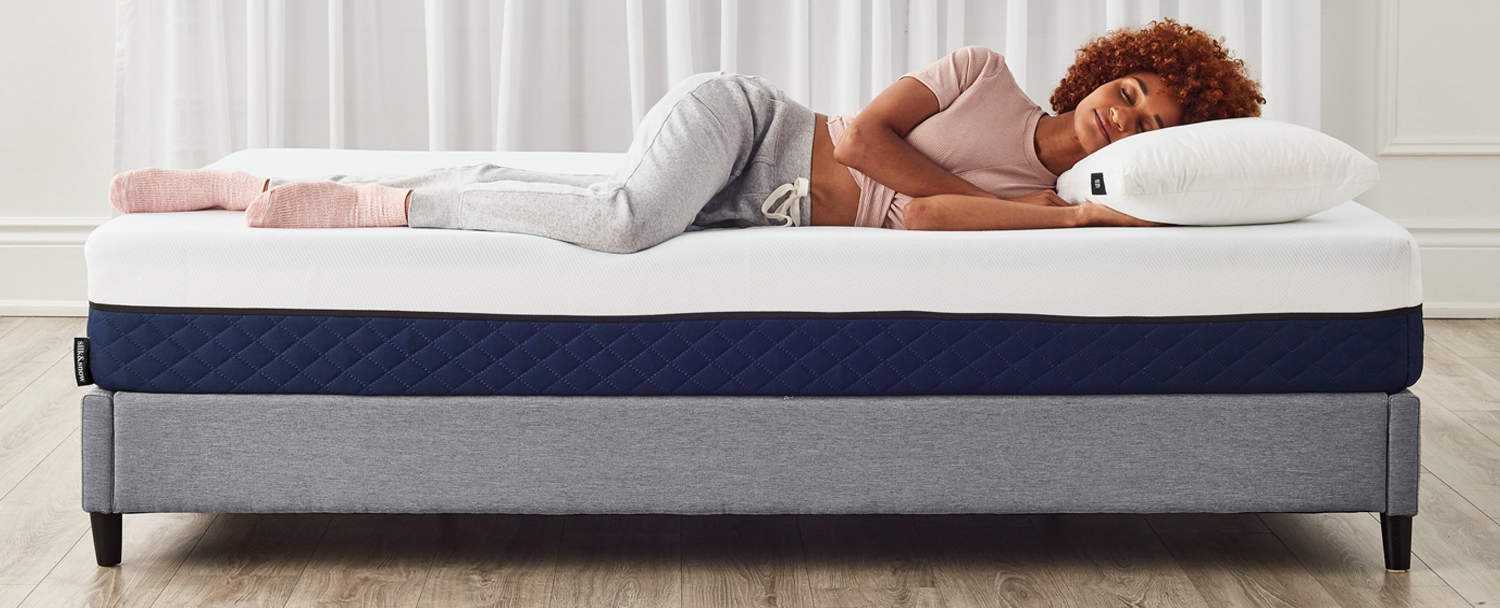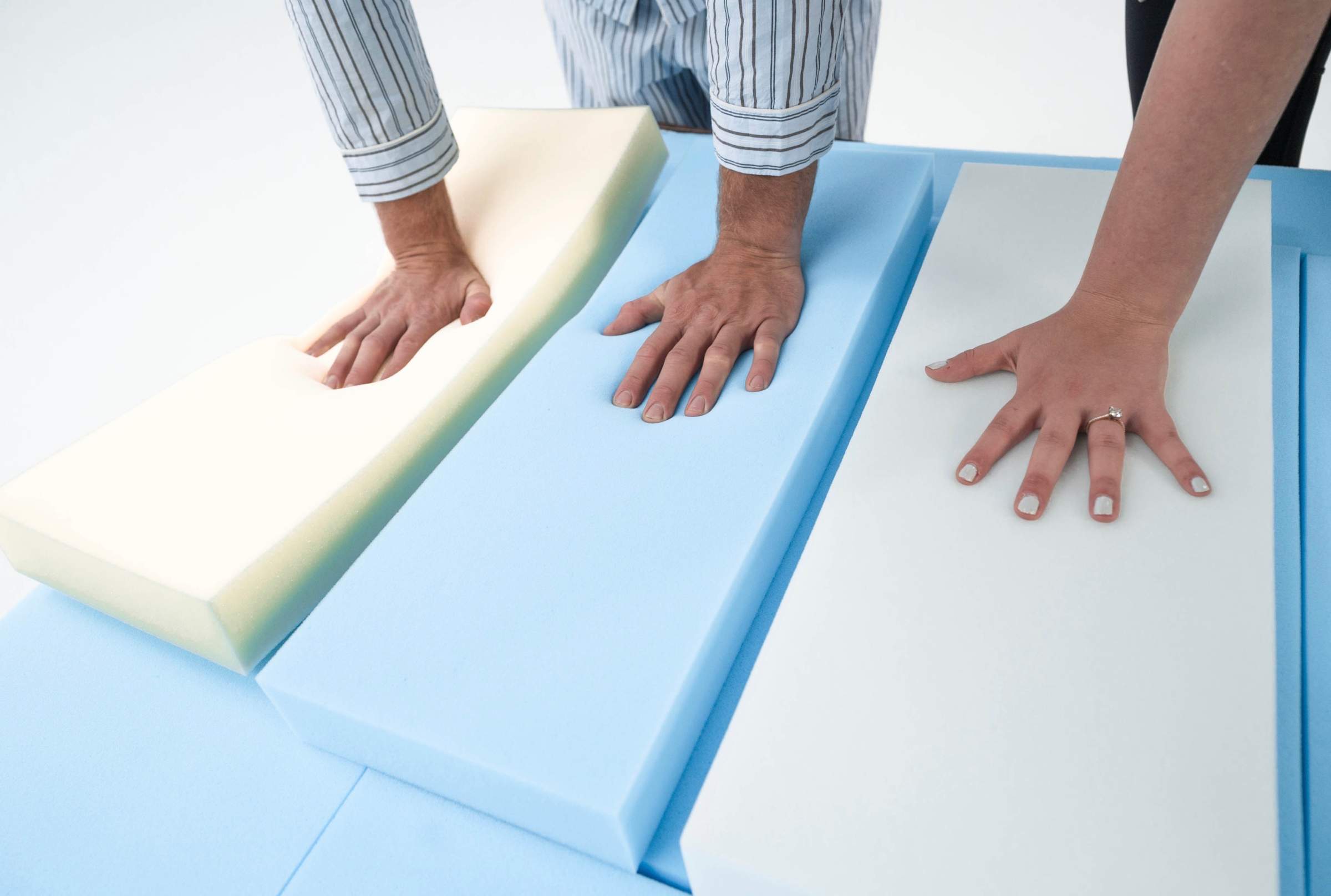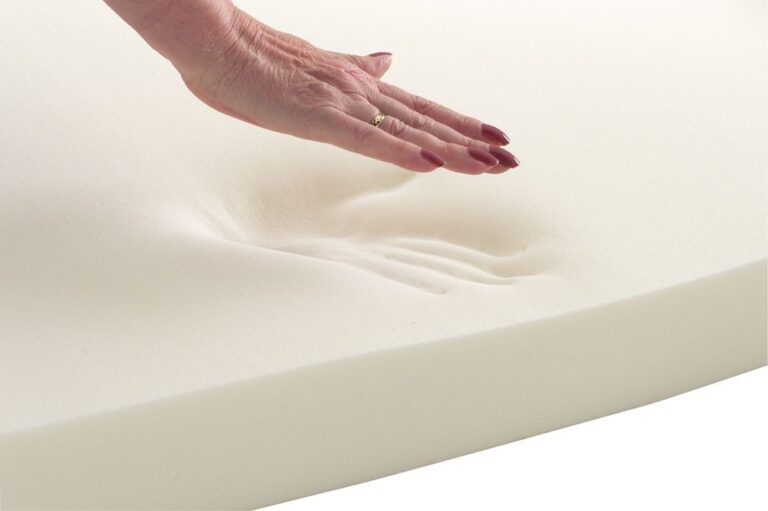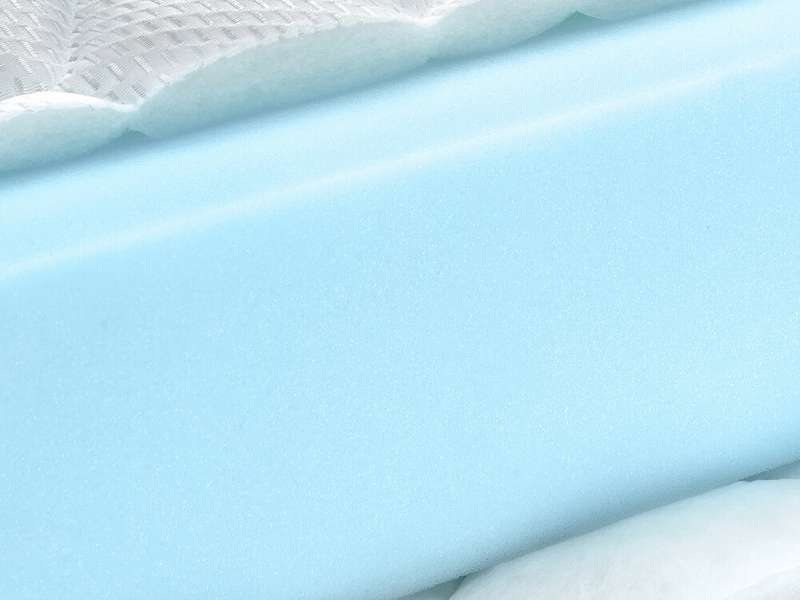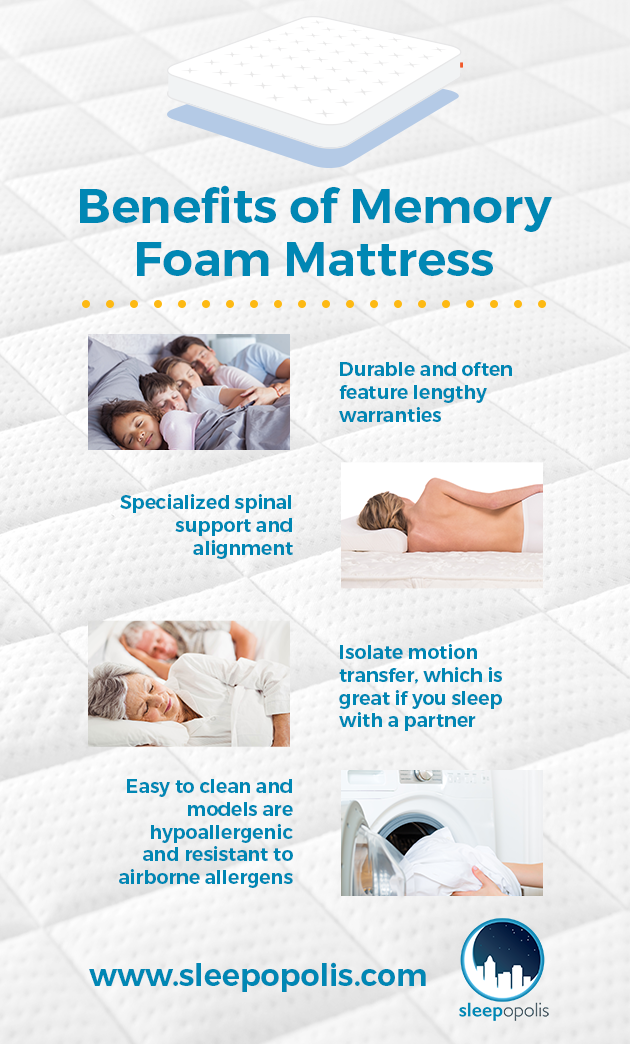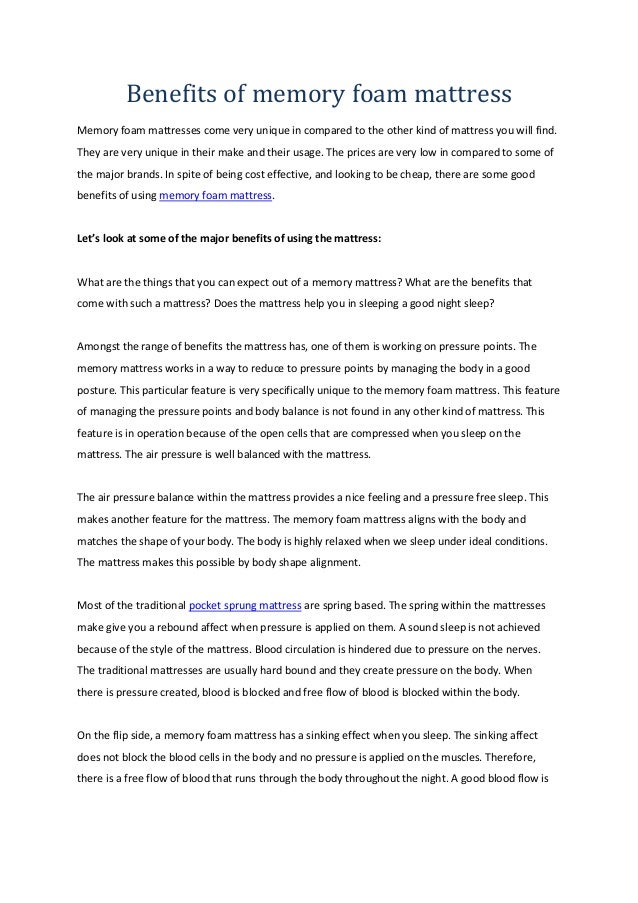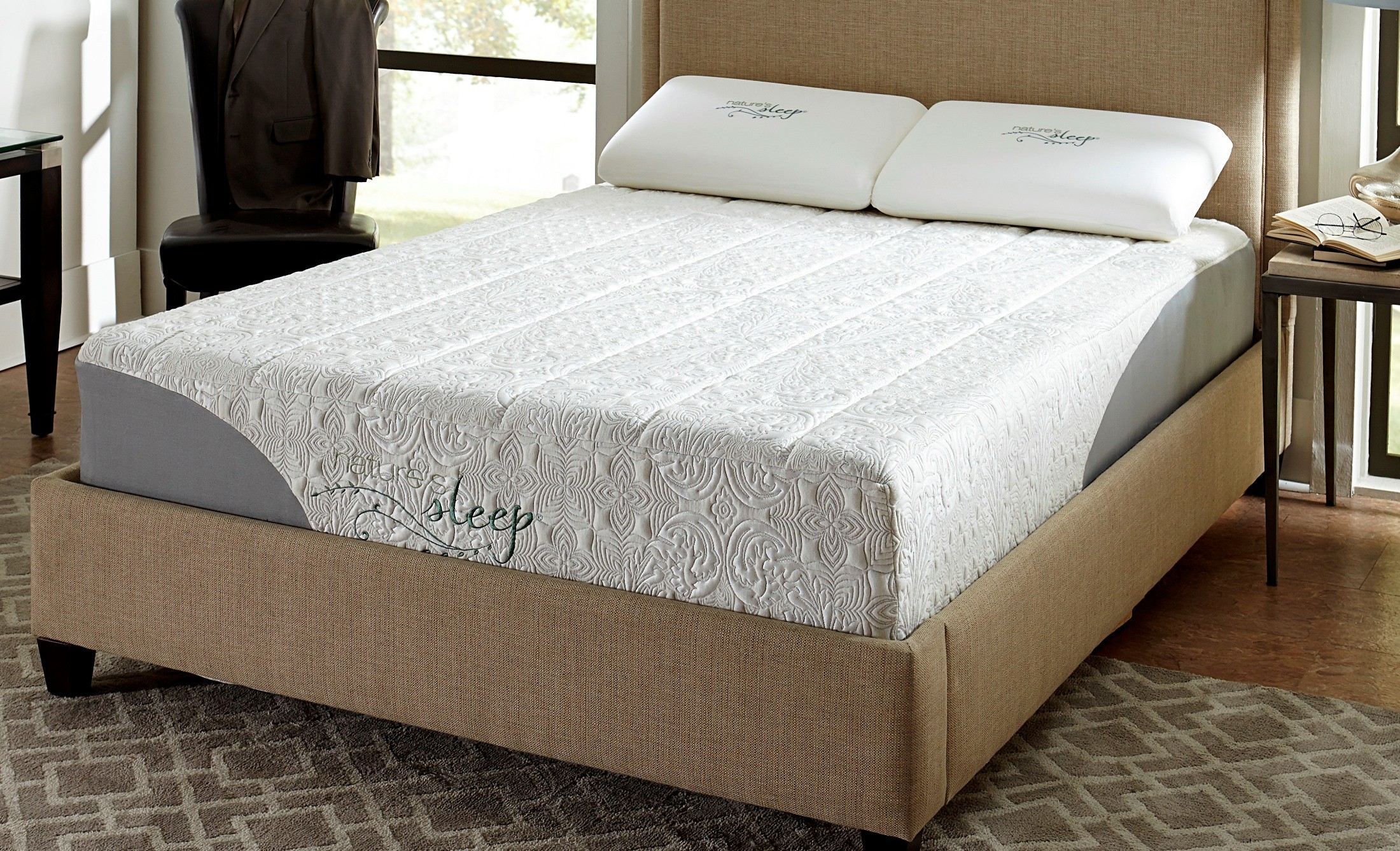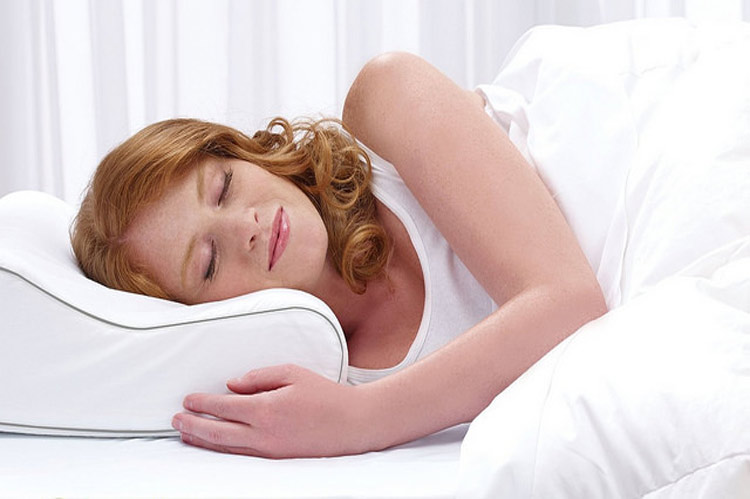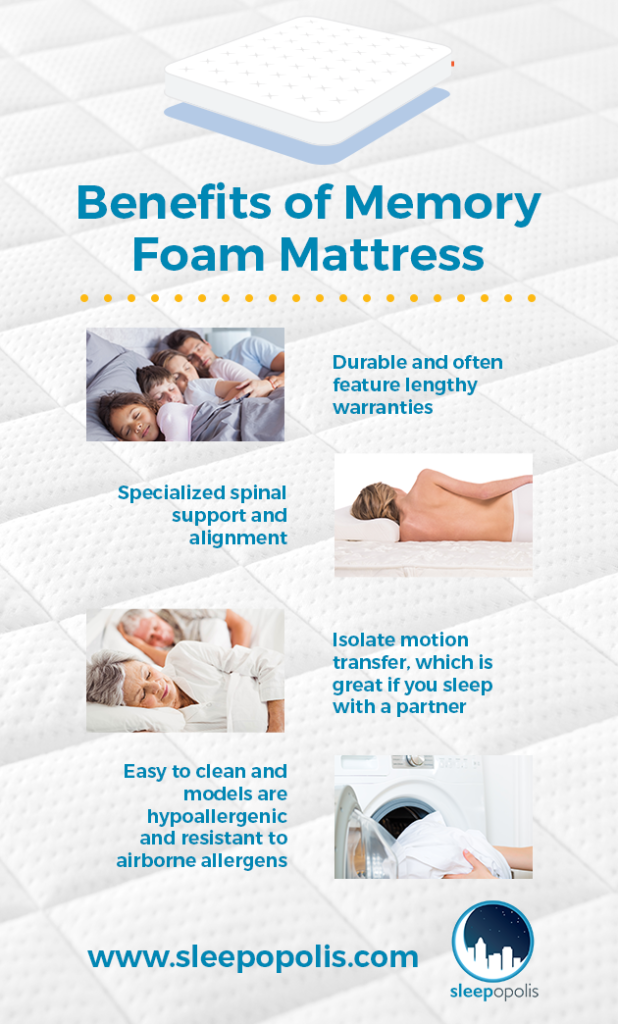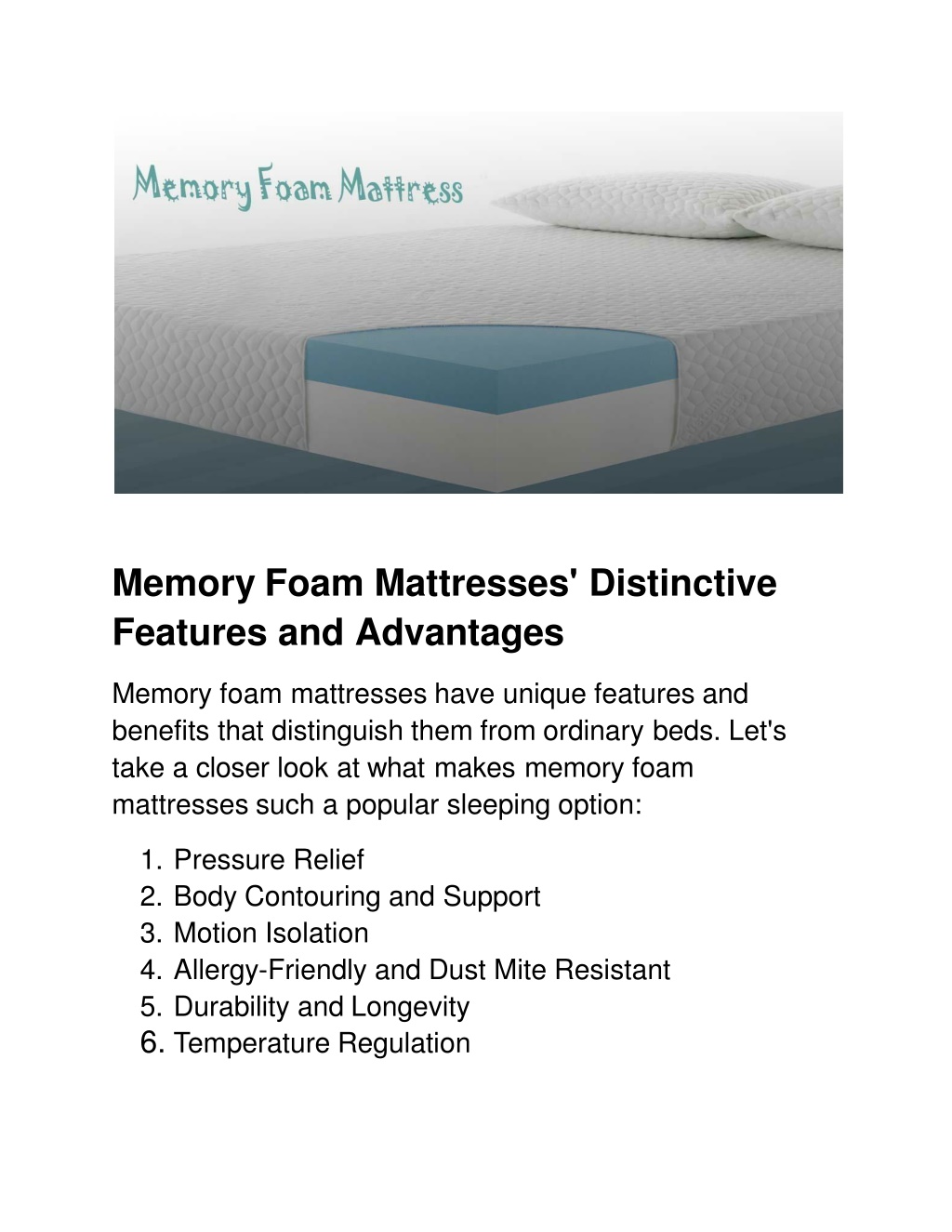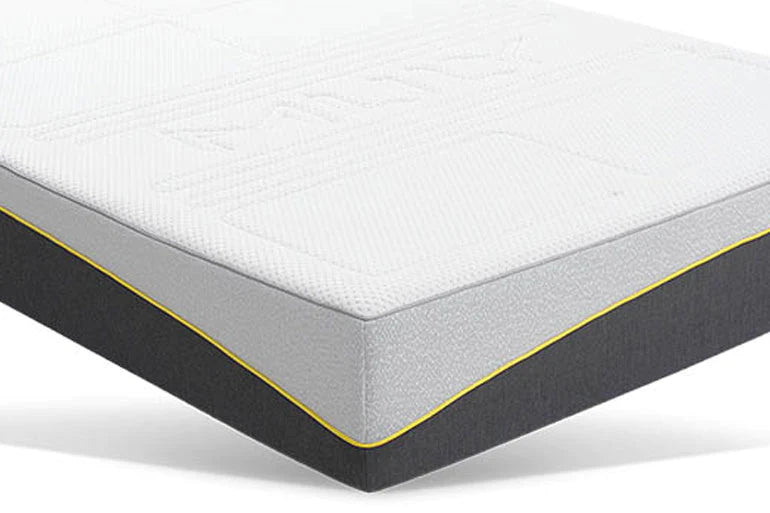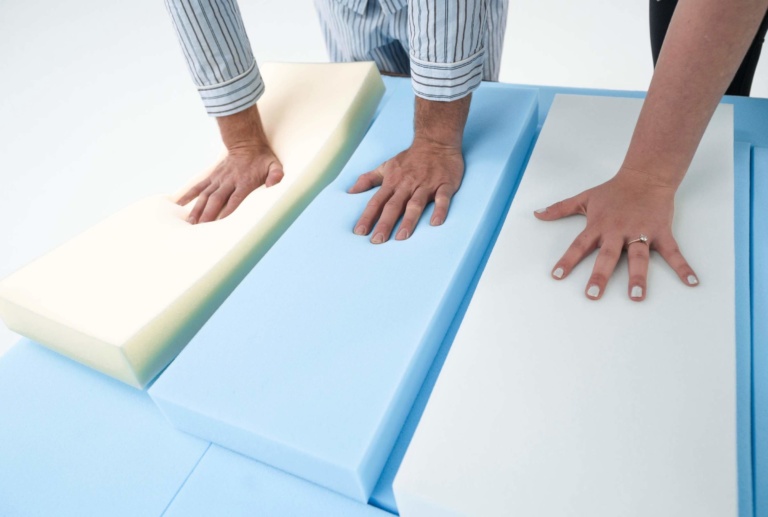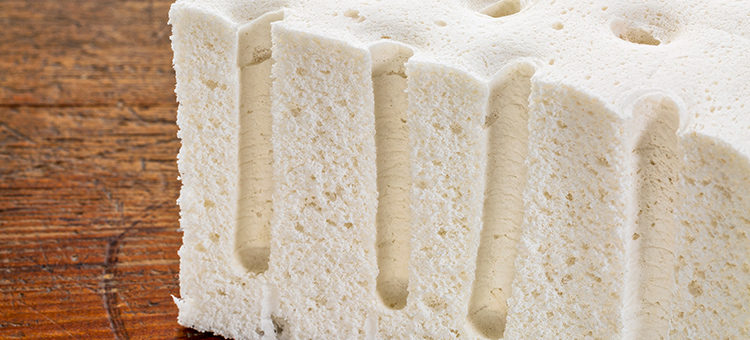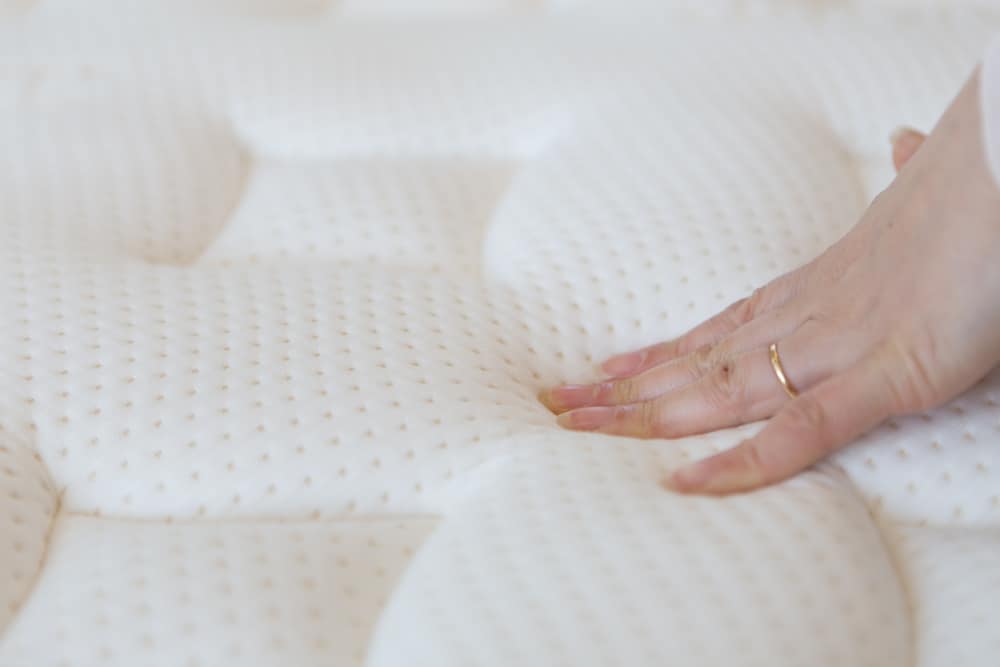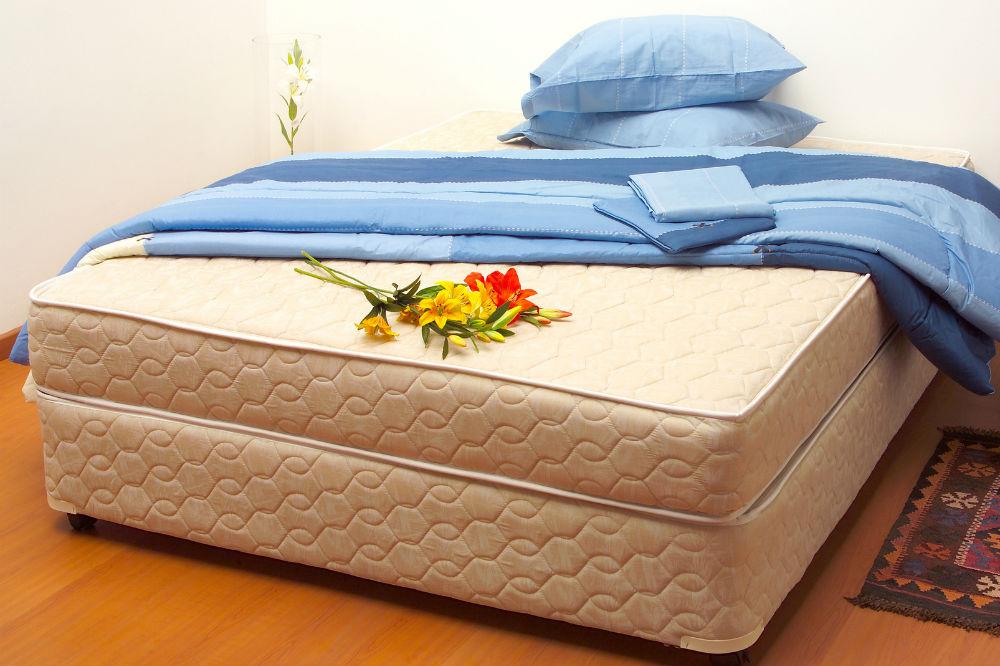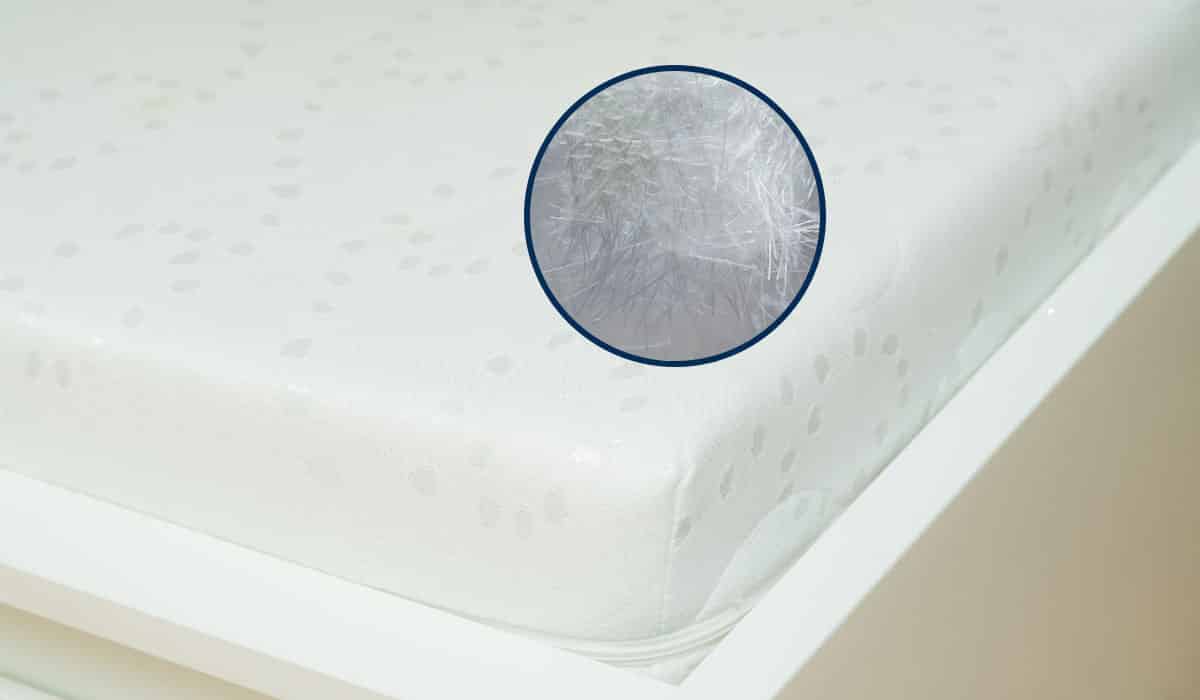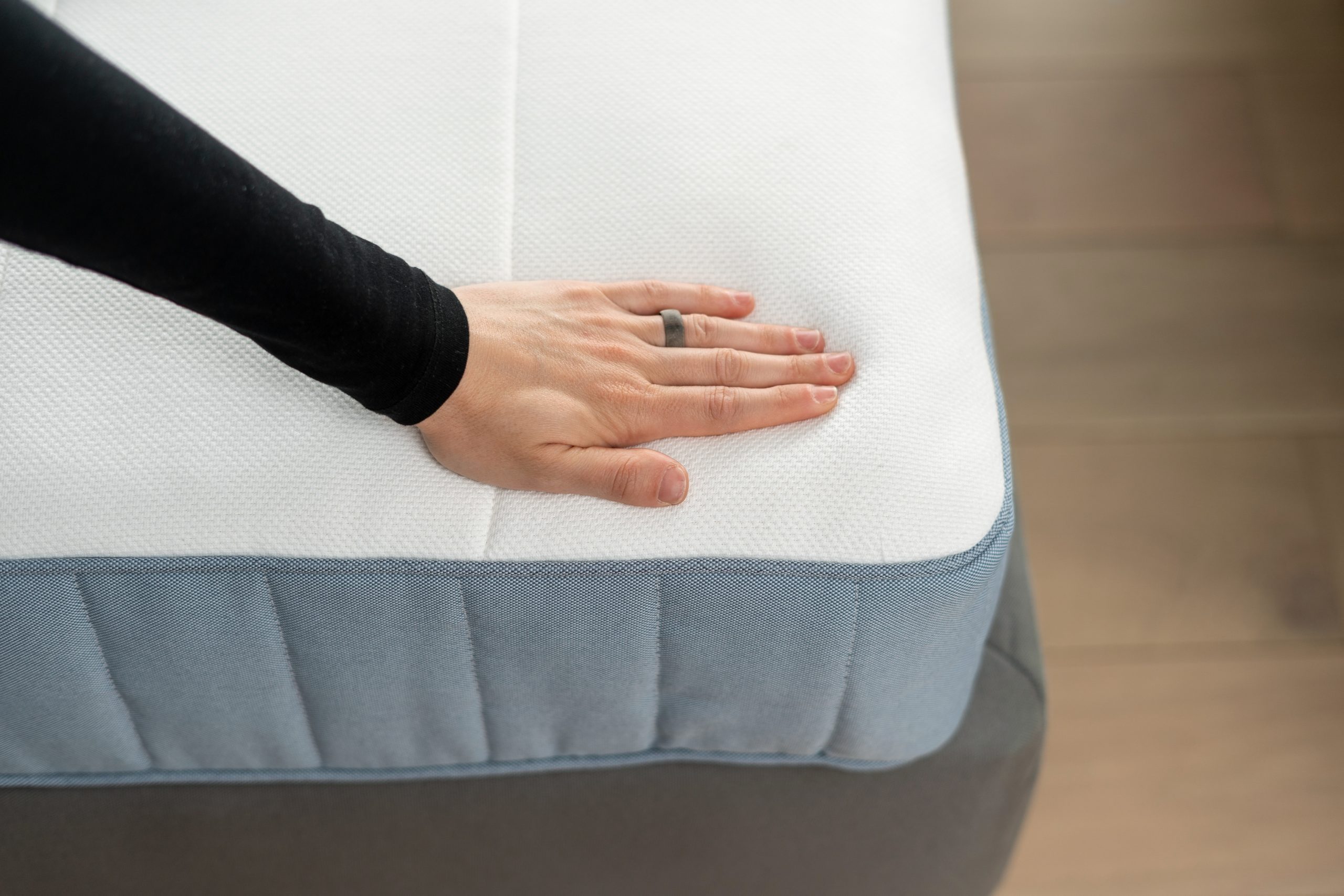If you're in the market for a new mattress, you've probably heard about the popularity of memory foam mattresses. These mattresses have gained a lot of attention in recent years for their ability to conform to the body and provide a comfortable and supportive sleep experience. But like any other product, memory foam mattresses have their own set of pros and cons. In this article, we'll explore the top 10 pros and cons of memory foam mattresses to help you decide if this type of mattress is right for you.Memory Foam Mattress Pros and Cons
Before we dive into the specific pros and cons of memory foam mattresses, it's important to understand what they are and how they differ from traditional mattresses. Memory foam mattresses are made from a unique type of foam that was originally developed by NASA to improve seat cushioning and crash protection for airline pilots. Today, this foam is used in mattresses to provide a more comfortable and supportive sleep surface. Now, let's take a closer look at the pros and cons of memory foam mattresses:Pros and Cons of Memory Foam Mattresses
Pros: 1. Pressure Relief: One of the biggest advantages of memory foam mattresses is their ability to provide pressure relief. The foam conforms to the body, distributing weight evenly and reducing pressure points. This can be especially beneficial for those with joint or muscle pain. 2. Motion Isolation: Memory foam mattresses are known for their ability to isolate motion. This means that when one person moves on the bed, the other person is less likely to feel it. This can be a major benefit for couples who have different sleep schedules or are easily disturbed by movement. 3. Customized Support: Memory foam mattresses come in a variety of firmness levels, allowing you to choose the one that best suits your needs. This can be especially beneficial for those with back pain, as they can select a mattress that provides the right level of support for their condition. 4. Allergy-Friendly: Traditional mattresses can be a breeding ground for dust mites and other allergens. Memory foam mattresses, on the other hand, are made from materials that are resistant to these allergens, making them a better choice for those with allergies or asthma. 5. Durability: Memory foam mattresses are known for their durability, with some models lasting up to 10-15 years. This can make them a good long-term investment for those looking for a high-quality mattress. Cons: 1. Temperature Sensitivity: One of the main complaints about memory foam mattresses is that they can retain heat, making them less comfortable for those who tend to sleep hot. Some manufacturers have addressed this issue with the use of cooling gel or ventilation, but it's important to consider if you are someone who is sensitive to temperature changes while sleeping. 2. Initial Odor: When first unpacking a memory foam mattress, you may notice a strong odor. This is known as off-gassing and is a result of the chemicals used in the manufacturing process. While the smell typically dissipates within a few days, it can be a concern for those with sensitivities to strong odors. 3. Sinking Feeling: Some people may not like the feeling of sinking into the mattress, as it can make it more difficult to move around and change positions. This can be a personal preference, so it's important to try out different firmness levels to find what works best for you. 4. Weight: Memory foam mattresses can be quite heavy, which can make them difficult to move or rotate. This can be a challenge for those who live alone or have limited mobility. 5. Cost: Memory foam mattresses tend to be more expensive than traditional mattresses, which can be a barrier for some people. However, considering their durability and potential to improve sleep quality, they can be worth the investment in the long run.Benefits and Drawbacks of Memory Foam Mattresses
After exploring the pros and cons of memory foam mattresses, the question remains - is a memory foam mattress right for you? The answer ultimately depends on your individual preferences and needs. If you prioritize pressure relief, motion isolation, and customized support, a memory foam mattress may be a good fit for you. However, if you are sensitive to temperature changes, prefer a firmer sleep surface, or have a tighter budget, a traditional mattress may be a better option.Is a Memory Foam Mattress Right for You?
When considering a memory foam mattress, it's important to weigh the pros and cons and decide what is most important to you in a mattress. This can help you make an informed decision and choose the best mattress for your needs.Exploring the Pros and Cons of Memory Foam Mattresses
As with any product, memory foam mattresses have their own set of benefits and limitations. By understanding these factors, you can determine if a memory foam mattress is a good fit for your sleep preferences and budget.Understanding the Benefits and Limitations of Memory Foam Mattresses
Memory foam mattresses have gained a lot of popularity in recent years, and for good reason. They offer many benefits and can provide a comfortable and supportive sleep experience for many people. However, they also have their drawbacks, such as temperature sensitivity and initial odor. It's important to weigh both the good and the bad when considering a memory foam mattress.Memory Foam Mattresses: The Good and the Bad
In summary, memory foam mattresses offer a unique sleep experience with their pressure relief, motion isolation, and customizable support. However, they also have drawbacks such as temperature sensitivity and initial odor. Consider your individual needs and preferences before making a decision on whether a memory foam mattress is right for you.What You Need to Know About Memory Foam Mattresses
The answer to this question ultimately depends on your individual circumstances. If you have the budget and prioritize comfort and support, a memory foam mattress may be worth the investment. However, if you have specific sleep preferences or budget constraints, it's important to consider all factors before making a decision.Is a Memory Foam Mattress Worth the Investment?
The Benefits and Drawbacks of Memory Foam Mattresses

Pros: Superior Comfort and Support
 One of the biggest selling points of a memory foam mattress is its ability to contour to your body's natural curves, providing personalized support and comfort. The foam's density and responsiveness allow it to evenly distribute body weight, reducing pressure points and promoting proper spinal alignment. This can lead to a more restful night's sleep, especially for those with chronic pain or joint issues.
One of the biggest selling points of a memory foam mattress is its ability to contour to your body's natural curves, providing personalized support and comfort. The foam's density and responsiveness allow it to evenly distribute body weight, reducing pressure points and promoting proper spinal alignment. This can lead to a more restful night's sleep, especially for those with chronic pain or joint issues.
Cons: Heat Retention and Off-Gassing
 While memory foam's ability to conform to your body can be a plus, it can also be a downside for those who tend to sleep hot. The dense foam can trap body heat, causing some people to feel uncomfortably warm throughout the night. Additionally, memory foam mattresses are known to emit a chemical smell, known as off-gassing, when first unpacked. This odor can be bothersome for some and may take a few days to dissipate.
While memory foam's ability to conform to your body can be a plus, it can also be a downside for those who tend to sleep hot. The dense foam can trap body heat, causing some people to feel uncomfortably warm throughout the night. Additionally, memory foam mattresses are known to emit a chemical smell, known as off-gassing, when first unpacked. This odor can be bothersome for some and may take a few days to dissipate.
Pros: Motion Isolation and Durability
 Memory foam mattresses are also praised for their motion isolation properties. This means that when one person moves or shifts positions, their movement is not felt as much by their sleeping partner. This can be beneficial for couples or anyone who shares a bed. In terms of durability, memory foam mattresses have a longer lifespan compared to traditional innerspring mattresses, with some lasting up to 10 years.
Memory foam mattresses are also praised for their motion isolation properties. This means that when one person moves or shifts positions, their movement is not felt as much by their sleeping partner. This can be beneficial for couples or anyone who shares a bed. In terms of durability, memory foam mattresses have a longer lifespan compared to traditional innerspring mattresses, with some lasting up to 10 years.
Cons: Cost and Weight
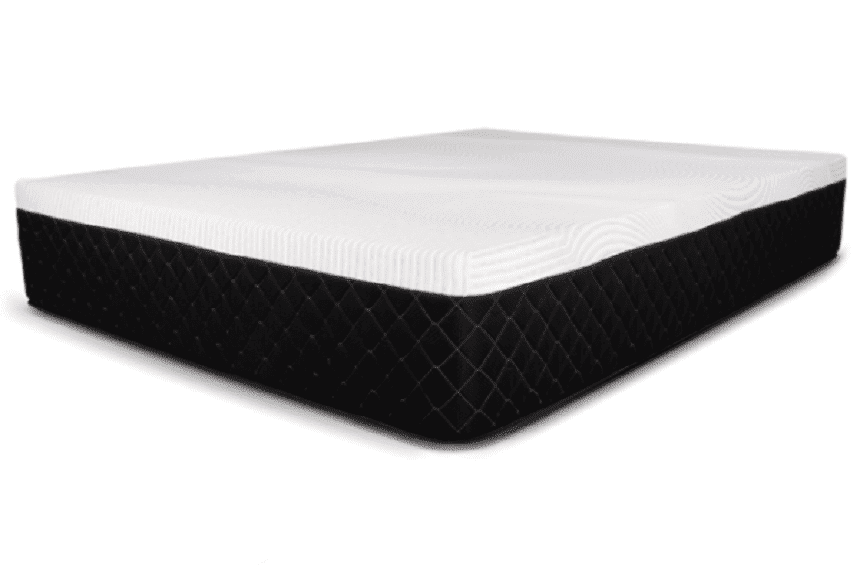 One of the main drawbacks of memory foam mattresses is their higher cost compared to other types of mattresses. The advanced materials and technology used in memory foam production can make them more expensive. Additionally, memory foam mattresses tend to be heavier and more difficult to move compared to traditional mattresses, which can be a challenge when it comes to rotating or flipping them for even wear.
Overall, memory foam mattresses have both pros and cons that should be carefully considered before making a purchase. While they offer superior comfort and support, they may not be suitable for everyone, especially those who sleep hot or have a limited budget. However, with proper care and maintenance, a memory foam mattress can be a worthwhile investment for a good night's sleep.
One of the main drawbacks of memory foam mattresses is their higher cost compared to other types of mattresses. The advanced materials and technology used in memory foam production can make them more expensive. Additionally, memory foam mattresses tend to be heavier and more difficult to move compared to traditional mattresses, which can be a challenge when it comes to rotating or flipping them for even wear.
Overall, memory foam mattresses have both pros and cons that should be carefully considered before making a purchase. While they offer superior comfort and support, they may not be suitable for everyone, especially those who sleep hot or have a limited budget. However, with proper care and maintenance, a memory foam mattress can be a worthwhile investment for a good night's sleep.



